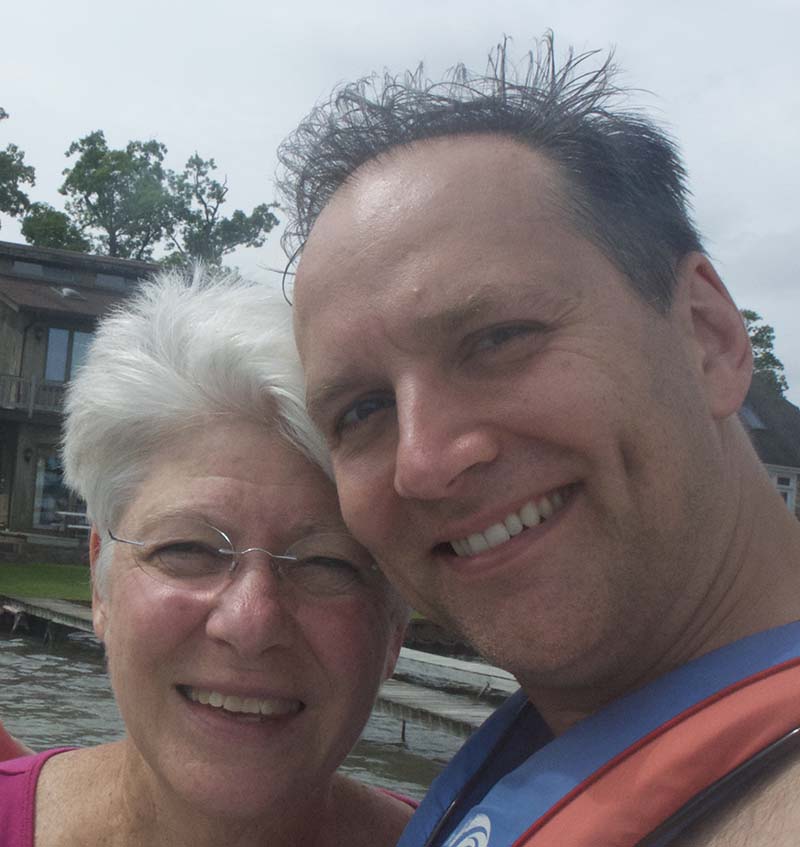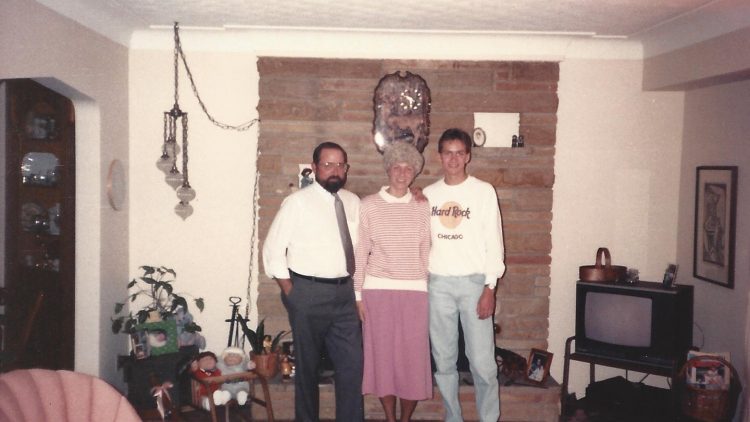
To this day I'm still close with my foster mom. I send her flowers on Mother's Day and on her birthday. Many Thanksgivings of my adulthood were spent at her home.
Unlike the stereotypical foster kid, I was a foster kid who "made it." As a student with a 4 point GPA and a 32 on my ACT, Children’s Services treated me like a star. I have to admit, I enjoyed the attention. I work with computers to this day, authoring books about search engine optimization and social media, and consulting with big brands on how to get their websites higher ranked in Google.
But back to stereotypes, let's not perpetuate them. Here are 3 Big Lies About Foster Kids and I'm about to debunk them for you:
LIE: Foster children are badly behaved.
TRUTH: More than half of Americans wrongly believe that children in the foster care system are juvenile delinquents, according to the Dave Thomas Foundation for Adoption. In fact, the children are the victims, rather than the perpetrators. Children enter foster care because of abuse, neglect and/or abandonment at the hands of their biological family.
LIE: Foster kids are underachievers.
TRUTH: 65% of former foster children experienced seven or more school changes (K-12). Can you imagine trying to keep your grades up in that kind of instability and uncertainty at that young of an age?
LIE: Foster kids have medical or behavioral needs that make them difficult to parent.
TRUTH: Only one-third of the children in foster care have any kind of diagnosable disability, according to a report from United Cerebral Palsy and Children's Rights
Want to do something to help? Here's my "CARE" formula to take action and make a difference:
- Charity -- Give to organizations like Pajama Program, Dave Thomas Foundation for Adoption, Together We Rise, or CASA. And/or you can volunteer for these great charities or another organization of your preference, which you can find using the National Foster Care & Adoption Directory Search.
- Attend training -- like PIP (Partnerships in Parenting). Parenting children who have been neglected and abused is different.
- Requirements for licensing -- At least 21, legal U.S. resident, apartment dweller, renter or home-owner, able to pass a fingerprint-based criminal history records check.
- Evaluation -- by a licensing agency of your home safety and of your fitness to serve as a foster parent. A list of licensing agencies is on the Children's Services site in your state. For example, if you're in Arizona, their list is on the AZ DCS website.
If you're really serious about this, I encourage you to check out this great collection of resources provided by the Child Welfare Information Gateway.
Thanks for reading! Now go out there and make a difference for a child!


 SIGN UP FOR EXCLUSIVE WEEKLY CONTENT
SIGN UP FOR EXCLUSIVE WEEKLY CONTENT 


Leave a Reply